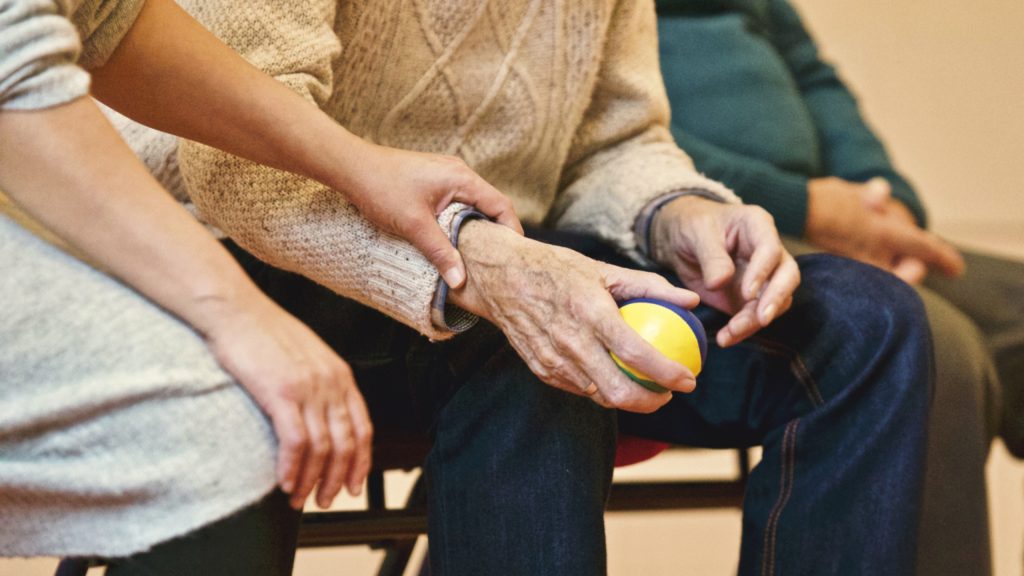The last thing anyone wants is to suspect their elderly loved one might be a victim of elder abuse. At a point when people should be enjoying their later years, becoming victims of abuse does the exact opposite–it makes their lives miserable and causes both physical and emotional trauma. If you or someone you know is possibly a victim of elder abuse, get help as soon as possible and make the abuse stop
Where Does Elder Abuse Occur?
California’s elder abuse laws define three types of elder abuse:
- Domestic. This involves an elderly person being abused in their own home or the home of a caregiver. Domestic elder abuse is committed by someone who knows the victim.
- Institutional. This occurs when an elderly person living in some type of elder residential care (nursing home, assisted living, senior apartment, etc.) experiences abuse at that place, usually by a staff member.
- Self-abuse. Sadly, there are elders who, for many reasons, including mental health conditions, either harm themselves or neglect themselves to the point that it’s considered abuse.
What Are Different Forms of Elder Abuse?
There are several forms of elder abuse, not all of which are immediately apparent.
- Physical. This involves the abuser inflicting bodily harm on the elderly person. It could range from hitting or kicking to more minor things such as pinching or rougher treatment than recommended for someone physically frail. It may also be the inappropriate use of restraints or medications.
- Emotional. This is harder to detect. The abuser can be verbally abusive, calling names, yelling at the elderly person, or acting cold and distant, offering no warmth or support. They may also deliberately isolate the elderly person to cause emotional distress or use humiliation.
- Neglect. This accounts for more than half of reported abuse cases. The elderly person isn’t receiving the care they need, whether it’s regular meals, medications on schedule, no help with trips to the bathroom, being left in a wheelchair for an extended period of time, etc.
- Sexual. The abuser has nonconsensual sex with the elderly person or forces them to watch someone else have sex or view pornography. If the abuser forces an elderly person to remove their clothing but does not have sex, this can still be considered sexual abuse.
- Financial. The abuser is finding ways to take financial advantage of the elderly person, whether it’s stealing outright or being manipulative and getting the elderly person to pay for things they shouldn’t.
- Abandonment. The elderly person is left alone in a situation where they can’t manage on their own. There is someone who agreed to take responsibility for them, usually a caregiver, but they stop showing up or never show up in the first place.
What Should I Look for if I Suspect Elder Abuse?
While ideally our elderly loved ones would reach out for help so that they could get immediate relief, that doesn’t always happen. There can be many reasons for that: The abuser may have threatened them in some way about what will happen if they tell anyone, or they may have emotional or mental incapacitation that prevents them from articulating what’s happening.


There are numerous signs and symptoms that all is not well. Here are several common signs. But it’s also useful to listen to your intuition. If something seems wrong, even though there’s no sign of bruising or obvious abuse, pay attention to your instincts and follow up.
- The elderly person appears depressed, confused, or withdrawn, especially if these are changes from their normal state.
- They have loud fights with the caregiver.
- They appear timid or frightened of the caregiver.
- They have bruises, burns, or scars, and they can’t or won’t explain where they came from.
- They have bed sores or other types of injuries that are preventable with good care.
- They are isolated, apparently against their will (and often showing signs of depression and confusion), from their close friends and family.
- They appear unclean, lacking food and water, and either appear to have too much or not enough medication.
- If you have access, check the elderly person’s bank accounts and look for unusual activity or changes in spending habits. The abuser may have gotten the elderly person to add them to their financial accounts and is in the process of draining them. Another aspect to monitor is the elderly person’s will. If they’ve recently drawn up a new will naming the alleged abuser, that’s a distinct warning sign.
What Should I Do if I or My Loved One Might Be a Victim of Elder Abuse?
The first thing to know is that in California, not reporting suspected elder abuse can lead to charges of either a misdemeanor or a felony for the person who didn’t report it. It’s not just the right thing to do, it’s a legal question. If you think the elderly abuse victim is in immediate danger of grave injury or death, call 911.


Call us at 626-795-8333 for a free consultation. Our attorneys have more than 30 years of experience in the elder abuse arena, and we want the abuse stopped as much as you do. We know the various agencies in the county and state that handle elder abuse and can help guide you through the process.
Other groups to contact include local law enforcement, local Adult Protective Services, or if the abuse occurs in a senior care or living facility, the Office of the State Long-Term Care Ombudsman. If you suspect financial abuse, reach out to Attorney General’s Bureau of Medi-Cal Fraud & Elder Abuse. If financial abuse is being perpetrated by someone providing in-home care to the elderly person, contact the California Department of Health Care Services.



